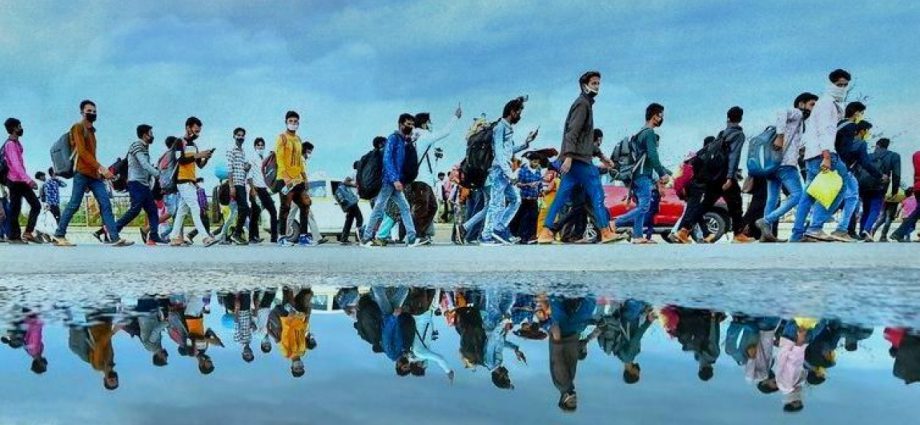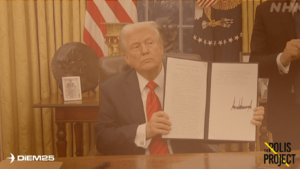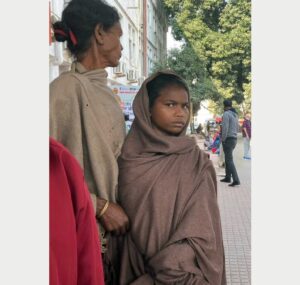

A devastating lockdown against the coronavirus pandemic since late March in India has precipitated a major humanitarian crisis. Many have died as laborers are forced to reverse migrate from cities to villages, yet the government has faced no accountability. Using credible data, The Polis Project’s Violence Lab tries to assess the heavy price that India’s poorest are paying for brutal state policy.
On 12 May 2020, Indian Prime Minister Narendra Modi addressed the nation during a dinner time broadcast. In this speech, stressing on the concept of self-reliance, he commented on the “fragrance of workers’ sweat” in an odd romanticization of the hardship faced by the poorest people in India. In reality, as he spoke those words, millions of India’s poorest were struggling under the debilitating weight of an unprecedented policy where, to beat a pandemic, a nation of over a billion people were effectively shut down with a four-hour notice on 24 March 2020. The reality of the condition of poor workers, migrant workers, and their families, however, is a far cry from the poetics of the prime ministerial speech. Economic packages are insufficient to provide them with a safety net, their employment has ended and they, who have subsisted on daily wages, face economic uncertainty and certain starvation. This is…
Related Posts


Donald Trump’s Master Economic Plan I Opinion by Yanis Varoufakis




